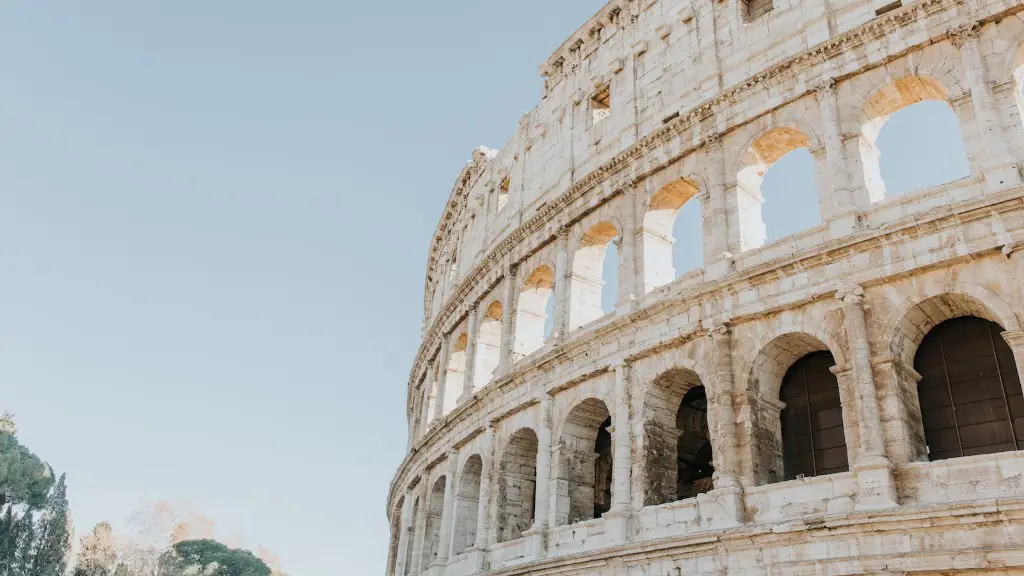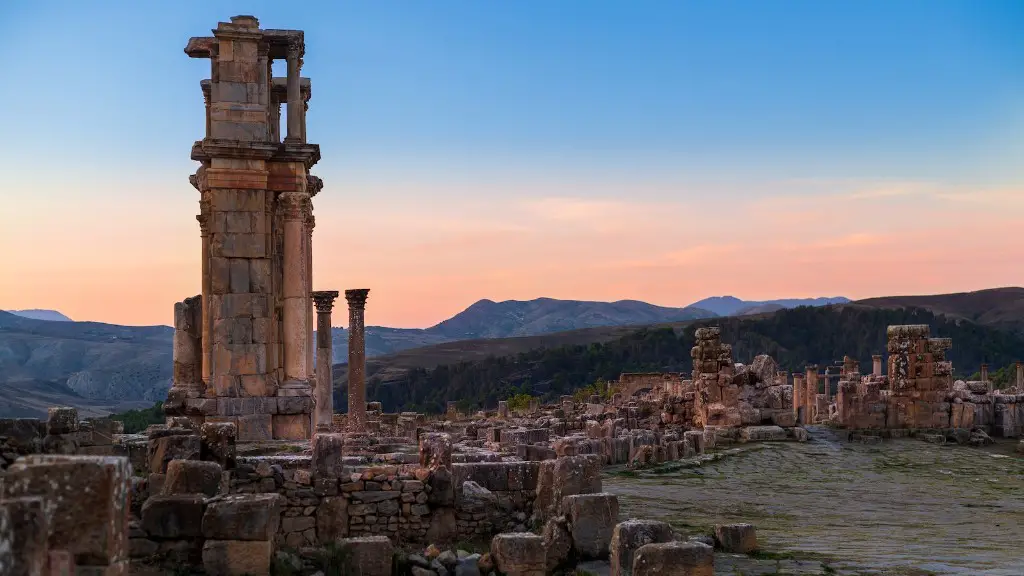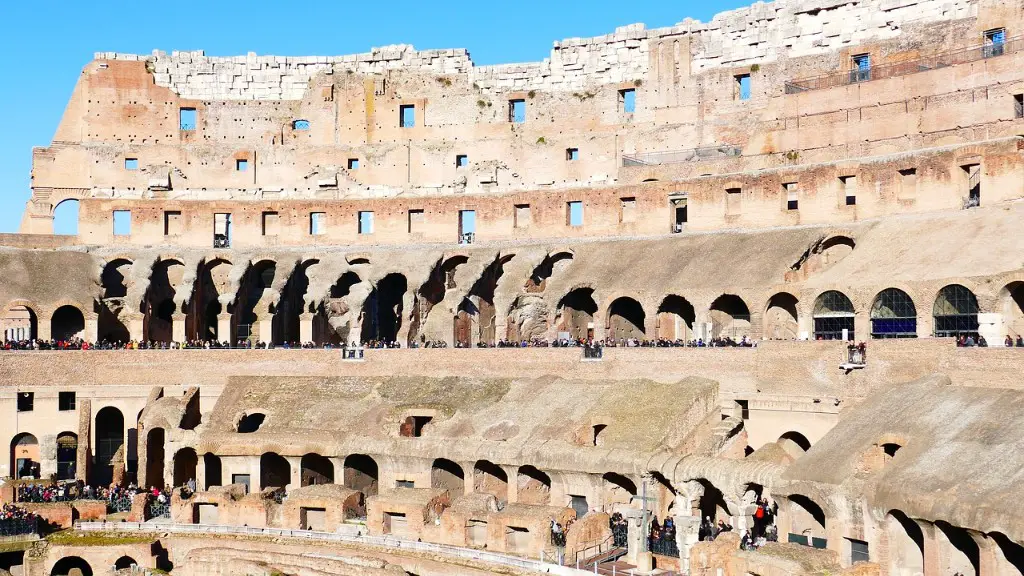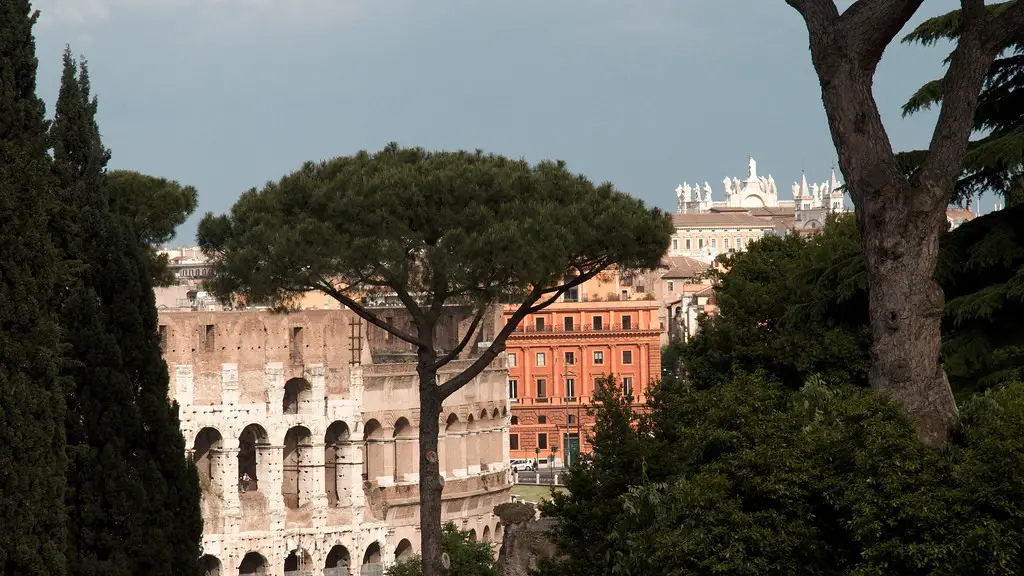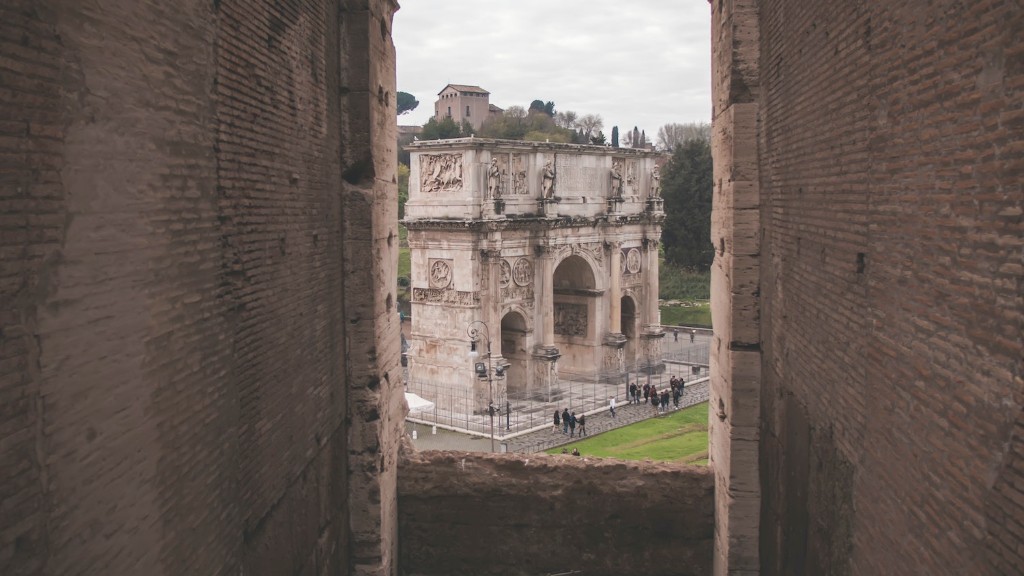Closest Person to the Magistrates in Ancient Rome
The People of Ancient Rome had a lengthy democracy and was ruled by multiple magistrates in its late Republican period. Magistrates were influential figures in the Roman Republic, serving as both junior and executive officials. They were responsible for administers justice and facilitating public works, enacting laws and acting as guardians of the People’s interests. However, there was one figure closer to the magistrates than anyone else – the Quaestors.
A Quaestor was an official of the six highest offices in the Roman Republic: Quaestor, Aedile, Praetor, Consul and Censor. All of them were appointed by the Roman Senate with the help of the Plebeian assembly. Quaestors were in charge of the finances of the magistrates and played a large role in the exercise of their power. These officials were appointed from among the equites, the class of merchants and landed gentry that was just below the elite of the Roman aristocracy.
The Quaestors mostly operated by collecting taxes, managing public finances and resources, maintaining public records, and authorising contracts and assets transfers. They also acted as fiscal and administrative advisors to the magistrates and other officials. They were responsible for accounting to the public and ensuring that public officials followed their respective financial regulations and laws.
One of the most important parts of being a Quaestor was providing financial assistance to magistrates. Magistrates usually needed funds for their projects and campaigns, and often had to borrow from wealthy individuals or civic funds. Quaestors were responsible for managing these loans and for assisting magistrates in making sure any funds were used prudently.
In addition to these responsibilities, Quaestors also bore a serious responsibility as guardians of public trust. This was especially important during times of conflict, when citizens were most likely to be defrauded or misappropriated funds by public officials. Quaestors worked hard to prevent use of funds for personal gain or for any illegal purpose. The Quaestors were in charge of ensuring that the interests and welfare of the People came first and that the magistrates only performed their duties honestly, fairly and ethically.
Power and Influence of Magistrates in Ancient Rome
Magistrates had significant power and influence in Ancient Rome. Through their authority as guardians of the public good, they were able to shape public opinion and have a major impact on public policy. Magistrates were responsible for the administration of justice, and could issue commands, edicts and regulations.
Magistrates were also responsible for the appointment of important officers and for conducting elections. This allowed them to shape the political landscape and it was often through the approval of influential and powerful magistrates that officials in government offices were appointed. This in turn gave magistrates the ability to shape many aspects of public policy.
Magistrates were also responsible for the enforcement of laws. As such, they were then able to punish those who broke the law or could create laws to further their own political agenda. This gave them significant power and influence, as they could be seen as defenders of virtue and justice, or as tyrants and oppressors.
In addition, magistrates in Ancient Rome were responsible for implementing public projects. They had a considerable amount of funds at their disposal and could, with the approval of the Senate, use this money to fund public works. This could include constructing public buildings and monuments, improving roads and bridges, and funding educational institutions.
The power and influence of the magistrates made them a key part of the society in ancient Rome, and their influence can still be seen today in many aspects of modern governing systems.
Duties of Magistrates in Ancient Rome
The duties of magistrates were extremely varied and could be quite complex. Magistrates were responsible for administering justice in court sessions, where cases were judged according to the laws of the time. Also, magistrates were responsible for conducting trials and passing sentence.
Magistrates also had the authority to act as guardians of the public good and could pass laws and regulations that were seen as beneficial for the citizens of Rome. These magistrates had significant power and authority and could intervene to shape public opinion by passing edicts and commands.
Magistrates were also responsible for presiding over elections, confirming appointments of important officials and making funding decisions. These decisions could be political in nature and could shape the public discourse at the time. Furthermore, magistrates were responsible for overseeing public works and projects, such as building public buildings, monuments and aqueducts.
Lastly, magistrates had many financial responsibilities and were in charge of collecting taxes, managing public finances and resources and authorising contracts and assets transfers. As such, they had a major role in the well-being and prosperity of the Roman Republic.
Politics of Ancient Rome
The politics of Ancient Rome played a crucial role in the success of the Republic. Politics at the time was a power struggle between the rich elite class and the more common citizens. This struggle was largely characterised by the circulation of power.The elite would use their wealth, influence and power to gain advantages over the commoners. This could be done through political appointments, the advancing of projects beneficial to the elite and the undermining of initiatives that would benefit the commoners.
This struggle between the elite and commoners is what drove the politics of Ancient Rome. The magistrates were responsible for ensuring that the interests of the citizens were kept at the forefront of public policy, as well as ensuring that the elite did not take advantage of their positions of power.
Magistrates were also responsible for implementing laws and regulations that would protect the citizens from mistreatment and corruption. These laws were often the incentive for societal progress, as the average Roman was enticed by the opportunities that came from a burgeoning and prosperous society.
These political dynamics caused citizens to become increasingly involved in the politics of Ancient Rome. This meant that their voices could be heard and their interests could be represented. This was essential in ensuring that the Republic flourished and remained a stable and prosperous society.
Death and Imprisonment of Magistrates
The powers of the magistrates made them powerful and influential figures who could have a major impact on the public discourse. As such, they were subject to much scrutiny, criticism and even death. Magistrates could be removed from office, or even be put to death, depending on the circumstances.
In some cases, magistrates could be imprisoned or exiled for their actions. This happened most commonly when a magistrate was accused of wrongdoing and needed to be removed from office or stopped from causing any further harm. This was seen as a necessary action for the protection of the Republic.
In extreme cases, a magistrate could be put to death for his actions. This was seen as a last resort and was only used in cases of extreme wrongdoing or treason. In all of these cases, the actions of the magistrate needed to be seen as damaging the Republic in order for this extreme punishment to be applied.
The powers of the magistrates were extraordinary and needed to be balanced with some form of penalty for wrongdoing. As such, death and imprisonment for magistrates were seen as necessary steps for the protection of the Roman Republic.
Education and Training of Magistrates
The selection and appointment of magistrates was a complex process in Ancient Rome. This process was based on merit, experience and education. Candidates needed to pass rigorous examinations in order to be selected and were required to have a high level of knowledge about the law and politics of the Republic.
These examinations were based on the knowledge and skills needed to carry out the office of a magistrate effectively. Candidates had to demonstrate knowledge of Roman laws, the workings of the Senate and knowledge of the political dynamics of Ancient Rome. They also had to be up to date on the latest developments in public policy and public works.
Magistrates were also expected to have some form of military training. This was due to the fact that magistrates were responsible for dispensing justice in times of conflict and had to be well-versed in the strategies and tactics of warfare.
Furthermore, the magistrates had to be well-versed in public speaking and rhetoric. This skill was seen as an essential part of being a magistrate, as it allowed them to effectively represent the People’s interests in debates and to persuade others of the correctness of their opinions.
In sum, being a magistrate in Ancient Rome was not just about having a high-level of knowledge about the law and politics. It also required an impressive skill-set, an awareness of public opinion, the ability to effectively communicate their opinions and the training to be a successful leader.
